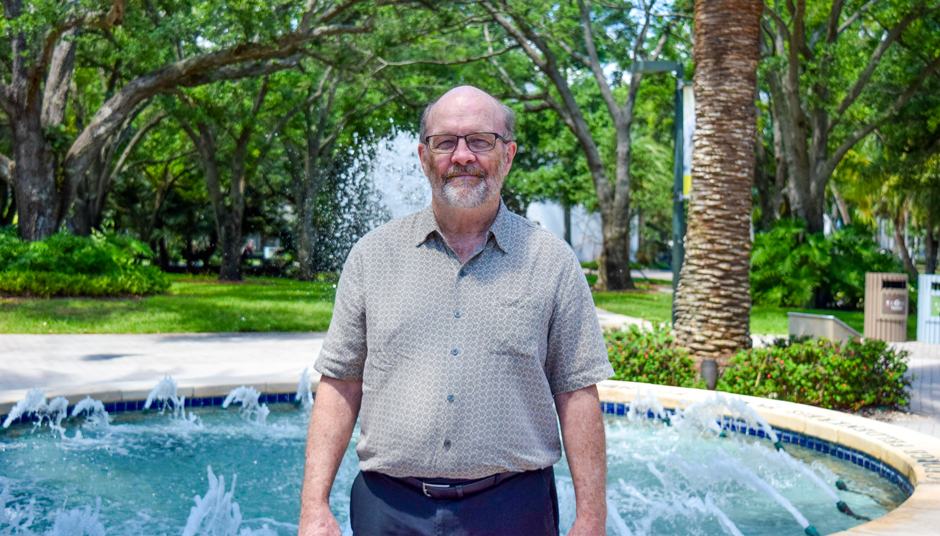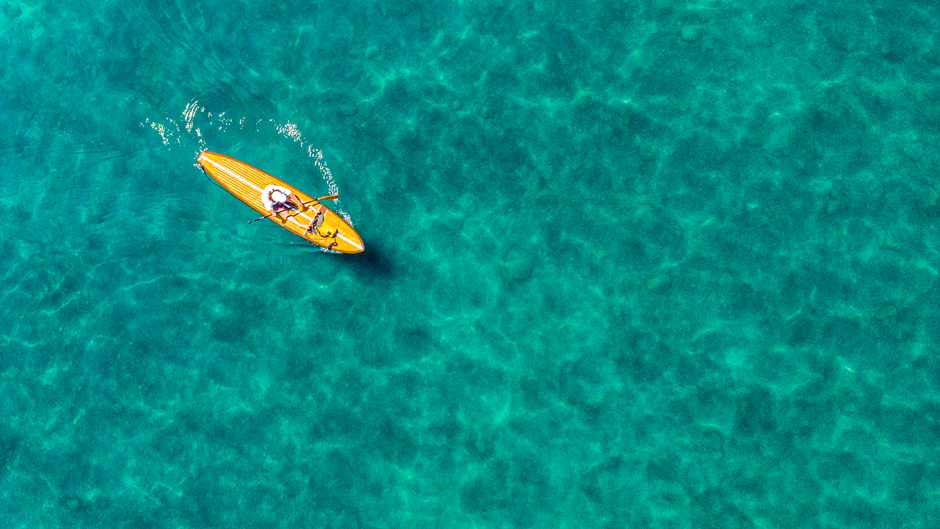As the song says: “Summertime and the livin’ is easy.” The kids are out of school, the family is together, temperatures soar. Time to take a vacation. Or not.
A recent survey by the Pew Research Center revealed that while many employees appreciate the paid vacation days received from their employers, only 46 percent of workers take the time off. Many cite fear of losing their jobs, fear of being overlooked for promotions, and others feel badly that their absence will mean more work for their co-workers.
Blaine Fowers, professor at the University of Miami School of Education and Human Development, who has done extensive work on the psychology of flourishing, weighs in on the importance of time off.

The United States ranks as one of the top countries where workers fail to take all their vacation time. Why do you feel this is?
First, let me say that vacations are vital to well-being. That makes this an even more important statistic because it helps to explain why Americans are voluntarily overworked. Unfortunately, we live in a culture that prioritizes a fast-paced, competitive, accomplishment-driven, and material- and outcome-based life above a life of well-being. Americans are simply living out these cultural values by neglecting to take paid vacations. Workers are afraid of falling behind, missing out, or becoming more dispensable because employers indicate very little loyalty to employees and are willing to let them go very easily. Employers need rational vacation policies to encourage their workers to be at their best with vacations. Some employers are very short sighted and only try to extract the most out of their employees in the short-term.
What are the advantages of taking vacation days?
Everyone needs a change from their routines to refresh themselves. Leisure is as important to well-being as meaningful work. Leisure time is an important component of a complete life. I find that the refreshment of vacation means that I am actually more productive when I return from vacation, so that the time off more than pays for itself in work productivity—let alone enjoyment, interest, and zest for life.
Does breaking from the routine and work responsibilities help with health, including mental health?
There is no question in my mind that taking a break from work through vacationing is good for one's mental health. Vacations are part of a complete life.
Can going off the routine enable one to get a new perspective that could enhance work?
I firmly believe that vacationing is deeply refreshing and necessary. I work hard, usually seven days a week, and I really need a break from time to time to maintain that schedule. I think taking time off is rewarding because it's fun and enriching. Even if all I looked at was my productivity, I believe that taking time off to vacation leads to greater overall productivity than if I worked during the vacation time.
What have you learned about vacation?
I have learned several things about vacations (and done it wrong many times).
- Differentiate vacations and trips. Going to see family is great, but it is more a trip than a vacation unless you build in some real vacation time. Families are complicated and need attention, and I am often more tired after a family trip than I am from working. Vacations are going somewhere just because it's fun or interesting. Freedom to do whatever you want is a hallmark of a real vacation.
- One thing I have learned is not to take work with me on vacation. I usually don't do the work anyway, and I just feel guilty about it. It's better to take a break and not expect to do work. Do the work when you return. Almost nothing is that urgent.
- Disconnect from the telephone (even the cell phone), from email, from texting, and from social media that is unrelated to the vacation. Sure, let people know that you won't respond to them, or, better yet, have them reach out to someone else while you are away. Just get a break.
Vacations take a little time to settle into. It usually takes me almost a week to feel like a vacation, so give yourself some time. I seldom go for more than two weeks, but I'm glad when I can get 10-14 days of vacation.
What do you do on vacation?
I do a lot of things on vacation. I love physical exercise, so I will hike, bike, kayak, and walk a lot. My favorite activity is hiking in the forest, especially mountainous and wilderness terrain. Green space is fabulous for resetting. Similarly, I have learned that blue space (water) is refreshing, and I usually find that by kayaking, but there are lots of approaches, like whale-watching or fishing. I recently spent a few days in New York City and loved it. I saw things there I don't see anywhere else, so that was very refreshing, even though it's super urban.

